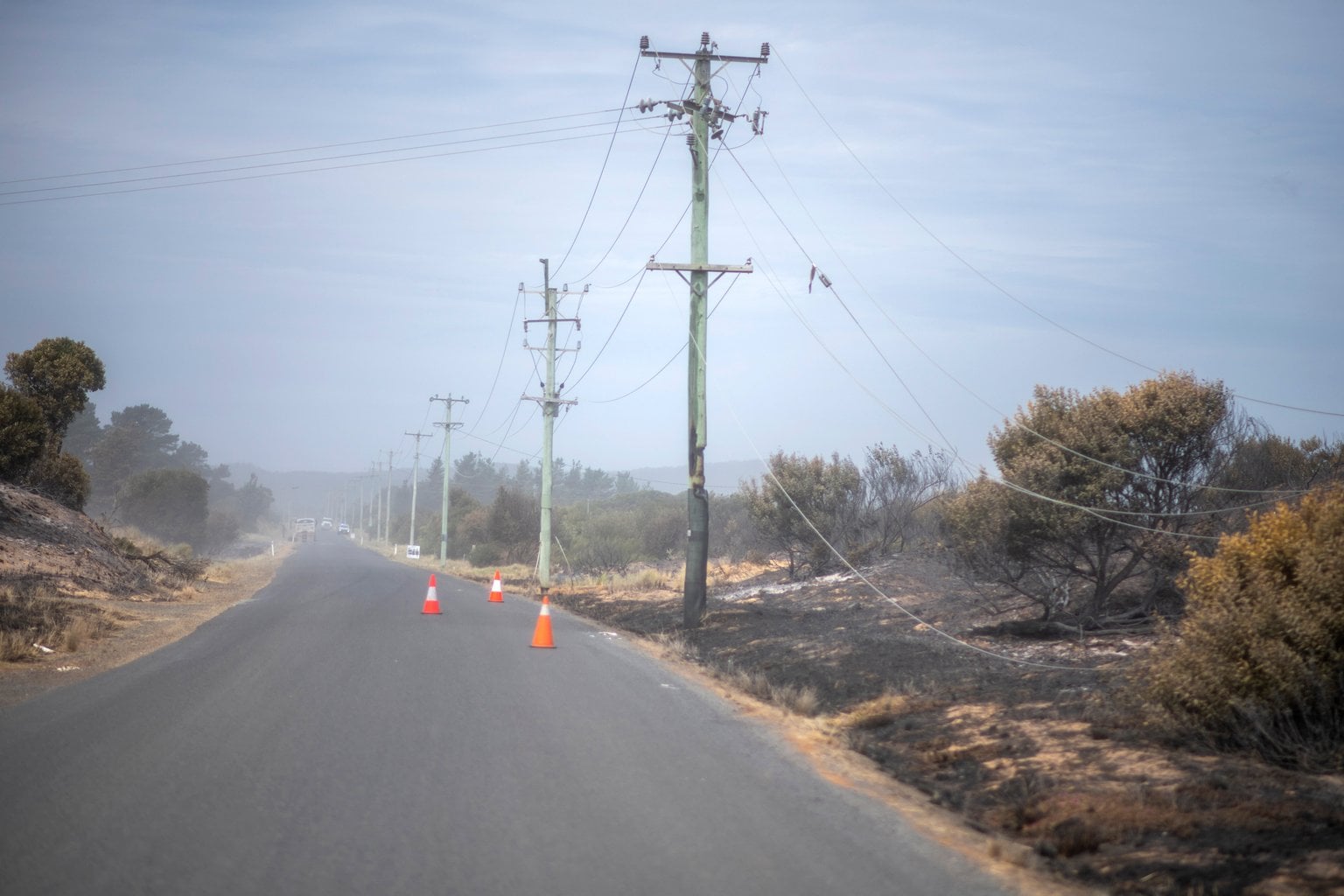The Hobart City Council has voted to formally oppose the Macquarie Point stadium development, declaring “the negative impacts outweigh the positives”.
It follows more than two hours of formal debate at a council meeting this evening after concerns their submission to the Tasmanian Planning Commission would appear too supportive of the project.
A draft version of the submission, complied by Council staff and signed off by CEO Michael Stretton, made waves on Friday for its assertion that the stadium would “undeniably have a transformative economic impact on the CBD and the broader LGA”.
The submission focused on an independent economic analysis commissioned by council, which found the stadium would deliver $178.9 million per year in economic benefits once operational.

“The stadium is likely to boost confidence in the CBD and encourage additional investment in entertainment and tourism infrastructure nearby,” the draft submission read.
“Its focus on spectator experiences and unique structure, with the roof displaying Tasmanian timber, will help promote the Tasmania brand, reputation, and profile.”

At a council meeting tonight, Councillor Mike Dutta successfully moved an alternative motion to make the Council’s position clearer, saying the original draft didn’t take a strong enough position against the project.
The Council’s submission to the TPC will now state it “does not support this project being built at this location because the negative impacts outweigh the positives”.
Key objections raised include potential damage to heritage sites, particularly the Hunter Street precinct and Cenotaph, environmental impacts and a lack of aboriginal consultation.
“The fact that the state government has moved to abandon the Project Of State Significance process and instead introduce enabling legislation should concern all of us deeply,” Councillor Gemma Kitsos said during the meeting.

“It sends a very clear message that planning processes, public representations and independent assessments will be swept aside when it comes to political inconvenience.”
Councillor Dutta warned the stadium would make Macquarie Point an “inactive precinct” for most of the year, while suggesting the planned northern road would cut off community access to the river.

Deputy Lord Mayor Zelinda Sherlock challenged the economic benefits claimed in the project’s supporting documentation.
She presented evidence from the Australian Bureau of Statistics suggesting the methodology would “significantly overstate the impacts of projects.”
“The AEC report confesses to use an economic model that assumes there is no budget constraint in place for residents and no supply-side constraints,” she said.

Not all councillors opposed the development, with Councillor Louise Elliott suggesting the council should “shift gears” and accept reality.
“It’s already happening without us. No one’s asking for permission from us,” she said.

“The ship’s sailed and it will sail further once the enabling legislation passes.”
“I think we need to shift into a mode of acceptance that it is going to happen, and then how can we address the legitimate concerns.”
Alderman Zucco noted the bipartisan support for the stadium at a state level.
“There is no way known the Premier will be so stupid in to try and make any changes [on] the floor of Parliament unless the Labor Party had full support before it gets on the floor.”

Several councillors lamented the abandonment of the previously approved “MONA vision” for Macquarie Point, which would have included Antarctic science precincts, a convention centre and housing.
The council’s submission will be forwarded to the Tasmanian Planning Commission as part of the ongoing assessment process.
The Council also voted not to proceed with an elector poll in relation to the stadium’s Project of State Significance process, determining the benefit was “low”.
Hobart Lord Mayor yesterday issued a public statement after council’s positive-leaning economic report was released.

She urged people to look past the projected economic benefits of the stadium and consider the issues raised in the report.
“Whilst the assessment report identifies potential economic contributions to the City, it also raises many issues that would need to be addressed in order for the Stadium project to be realised,” Reynolds said.
“Realistically, these issues must be addressed before any stadium economics are considered.”






